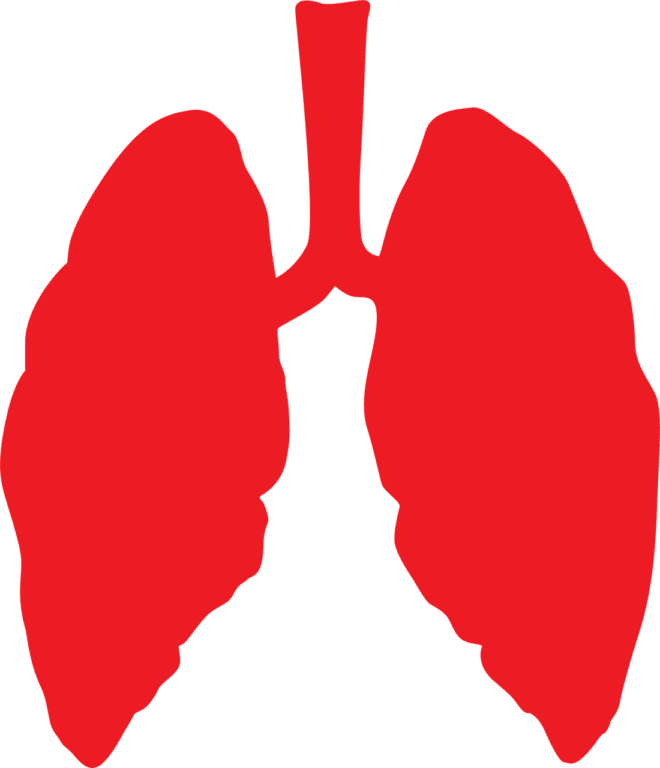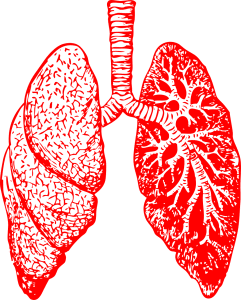As reported in BioSpace; the US Food and Drug Administration (FDA) has granted breakthrough therapy designation, an expedited drug review, to brensocatib, a novel drug to treat non-cystic fibrosis bronchiectasis (NCFBE). The drug has passed Phase 2 trial with flying colors, inspiring the FDA to grant it extra privileges to speed up the process.
Non-Cystic Fibrosis Bronchiectasis
Non-cystic fibrosis bronchiectasis (NCFBE) is a severe rare chronic pulmonary disease due to damage to the lungs’s bronchial tubes, which can become permanently widened or thick. These damaged bronchial tubes enable a build up of bacteria and mucus in the lungs, causing symptoms including a chronic cough with mucus or blood, wheezing, shortness of breath, chest pain, weight loss, and chronic respiratory infections which can exacerbate the disease. Until now, there are symptomatic treatment options which are necessary to prevent the flare ups from worsening the overall state of the condition, including antibiotics, vaccines, and pulmonary rehabilitation. However, there are no cures or approved treatment options specifically targeting NCFBE.
Brensocatib’s Trial
Brensocatib is a novel drug that is consumed orally. The drug is a reversible inhibitor of dipeptidyl pepidase 1 (DPP1). The drug is being created to treat a range of inflammatory diseases.
The treatment’s Phase 2 trial had exciting results both because of its novel nature and because of the extent of improvement the patients experienced. The trial were randomized, double-blind, and placebo controlled. It included 256 adults with NCFBE from across the world who had documented a minimum of two pulmonary exacerbations in the year proceeding the trial. They gave the subjects the drug once a day for 24 weeks at 116 sites. The findings should result in the initiation of the Phase 3 trial beginning later in 2020.
Breakthrough Designation
The FDA grants breakthrough therapy designation in order to help promote the development of novel therapies that have promising results in treating serious or life-threatening diseases. The novel drug must have proven to be substantially more effective than the available options in the initial trials. If awarded the designation, the drug maker benefits from extra communication with the FDA to receive feedback, possible eligibility for other expedited designations such as rolling and priority review, extensive guidance, and FDA assistance in organization.
The drug’s developer, Insmed Incorporated, is hopeful they’re on the way to achieving that goal. So is the NCFBE community, who may be coming up on their first effective treatment option.





